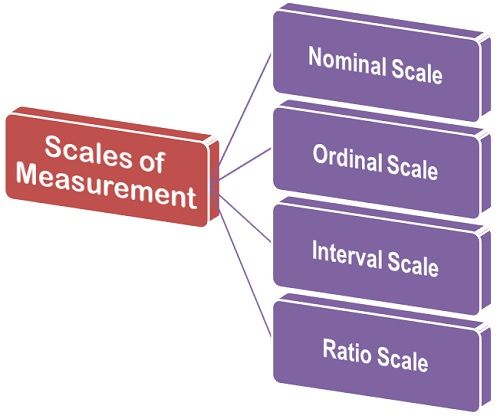Research is a systematic quest for knowledge, and at its core lies the need for measurement and quantification. Scales are indispensable tools in the research process, allowing researchers to convert abstract concepts into measurable data. Whether you are studying human behavior, assessing the effectiveness of a new drug, or analyzing economic trends, scales play a pivotal role in generating reliable and meaningful findings. In this article, we will delve into the importance of scales in research and explore their various applications.
Defining Scales in Research
Scales, in the context of research, refer to measurement instruments that assign numeric values to variables, traits, or characteristics. These variables can encompass a wide range of domains, from psychological attributes like personality and attitudes to physical phenomena like temperature and weight. Scales help transform qualitative information into quantitative data, making it amenable to statistical analysis and interpretation.
Importance of Measurement Scales in Research
Precision and Consistency: Scales provide a structured and standardized way of measuring variables, ensuring that data collection is precise and consistent. This uniformity is crucial for comparing results across different studies, time periods, or locations.
Objective Assessment: Scales reduce the subjectivity of measurements. Researchers and participants can have varying interpretations of qualitative descriptors like “high,” “moderate,” or “low,” but scales with numerical values offer an objective basis for evaluation.
Quantitative Analysis: Numerical data obtained through scales can be subjected to various statistical analyses, facilitating the identification of patterns, trends, and relationships. This analytical rigor enhances the credibility and validity of research outcomes.
Data Comparability: Scales enable the comparison of data collected from different sources or populations. For instance, a Likert scale measuring job satisfaction can be used to compare the satisfaction levels of employees in various companies or industries.
Predictive Power: Scales help researchers develop models and theories by quantifying variables of interest. This quantification aids in making predictions and testing hypotheses, which are fundamental aspects of scientific research.
Types of Measurement Scales
There are various types of scales used in research, each suited to different measurement needs:

Nominal Scales: These scales categorize data into distinct, non-overlapping categories. They are often used for classifying variables, such as gender (male, female, other) or types of cars (sedan, SUV, truck).
Ordinal Scales: Ordinal scales rank data into ordered categories but do not specify the degree of difference between them. Examples include survey responses like “strongly agree,” “agree,” “neutral,” “disagree,” and “strongly disagree.”
Interval Scales: Interval scales measure data with equal intervals between points but lack a true zero point. Common examples include temperature in Celsius or Fahrenheit, where zero does not represent an absence of temperature.
Ratio Scales: Ratio scales have equal intervals between points and possess a true zero point, allowing for meaningful mathematical operations like addition, subtraction, multiplication, and division. Examples include age, weight, and income.
Conclusion
Scales are indispensable tools in the world of research. They enable researchers to quantify, analyze, and interpret data effectively, leading to valuable insights and discoveries. By providing a standardized and objective means of measurement, scales enhance the rigor and reliability of research findings. Whether in the social sciences, natural sciences, or any other field, the importance of measurement scales in research cannot be overstated. They are the bridge between abstract concepts and empirical evidence, making the pursuit of knowledge both meaningful and measurable.
Also Read What is Research and what are the types of Research?
Also Read What is Sampling?
Visit THE INNOVIDEA for more updates


